Aboriginal leaders slam PC Brigade’s push to change Australia Day date from January 26
ABORIGINAL leaders have slammed hysterical claims by the Greens that holding Australia Day on January 26 is like celebrating “genocide”.
NSW
Don't miss out on the headlines from NSW. Followed categories will be added to My News.
WHILE the PC brigade wrings its hands and whines, demanding a change of date to the national day, Aboriginal leaders say January 26 can work if we focus on what unites us — and the unlikely friendship between Arthur Phillip and Bennelong 220 years ago could show us the way.
And they have little patience for the Greens naysayers who want to move it. Or those whose ignorance confuses Captain Cook’s east-coast sail-by in 1770 with the ragtag fleet that landed in Sydney Cove 18 years later.
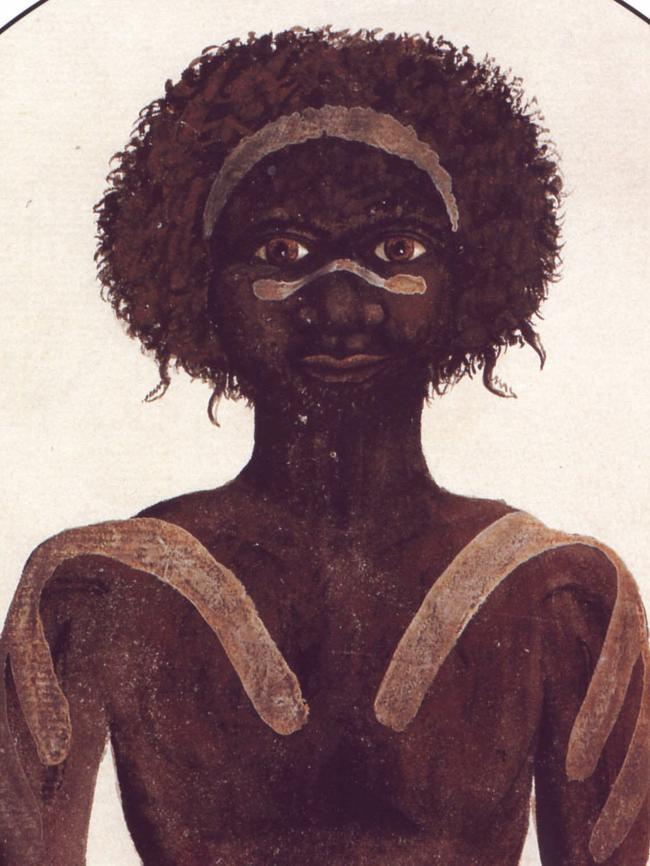
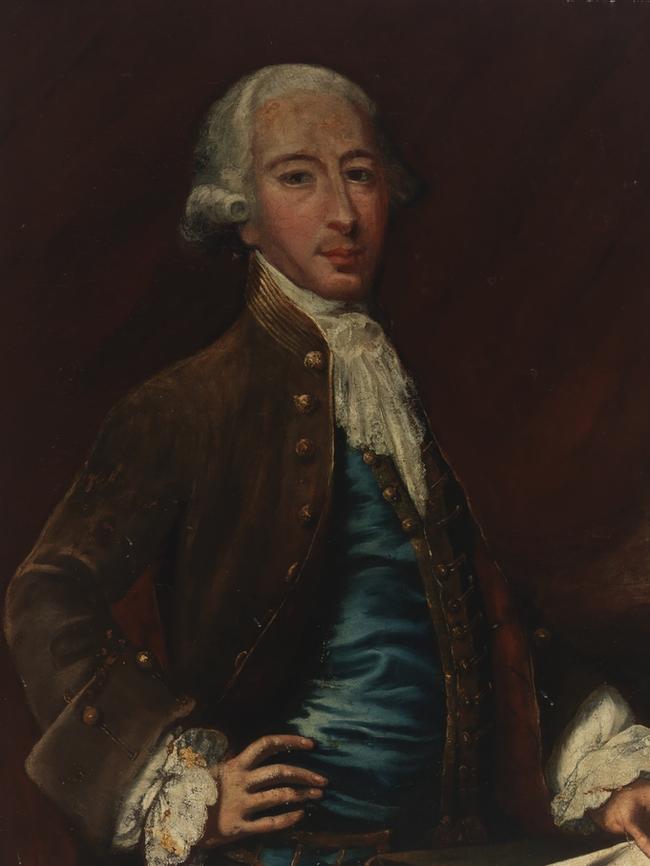
Centre for independent Studies academic and Warlpiri woman Jacinta Nampijinpa Price said we needed to “emphasise those things that bring our country together”.
“When we say we need to learn our history, those are the parts we need to understand, it was not cut and dry, and it was not black and white, we have had relationships like this throughout our country’s history,” Ms Price, a councillor in Alice Springs and acclaimed singer-songwriter, said.
• MARK LATHAM: Hands off Australia Day
• Opinion: Changing Australia Day date won’t change history
• MIRANDA DEVINE: Fate of indigenous kids of no interest to SJWs
While most Australians learn about the friendship between the first governor of NSW, Arthur Phillip, and indigenous man Bennelong, it is not as equals. But historian Keith Vincent Smith writes in the Aboriginal History journal that Bennelong was “misrepresented and underestimated”.
And Macquarie University historian Kate Fullagar wrote in the same journal that “Bennelong never fitted the role of doomed outcast”.
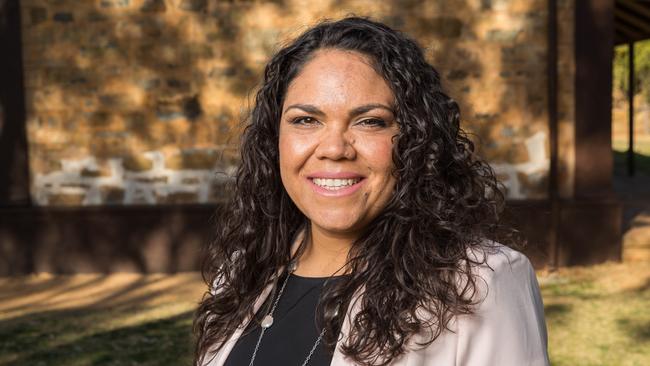
Phillip’s instructions from King George III were to “endeavour by every means possible to open an intercourse with the natives, and to conciliate their affections”. Phillip was also antislavery and determined the indigenous people would not be cast into servitude. “There can be no slavery in a free land, and consequently no slaves,” he wrote.
Although Bennelong had been kidnapped in late 1789, and escaped in May 1790, he returned under his own terms.
IN PICTURES: Australia Day from the archives
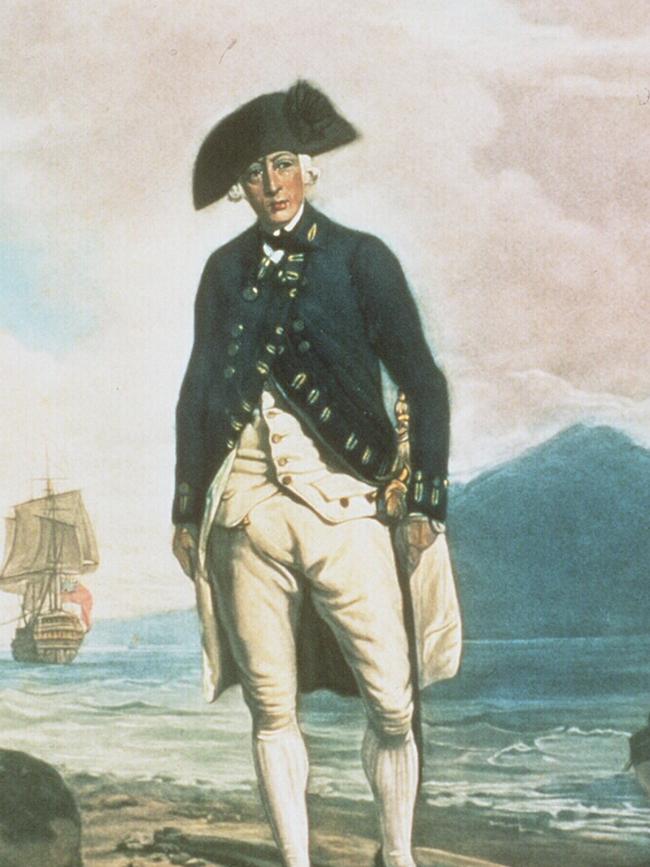
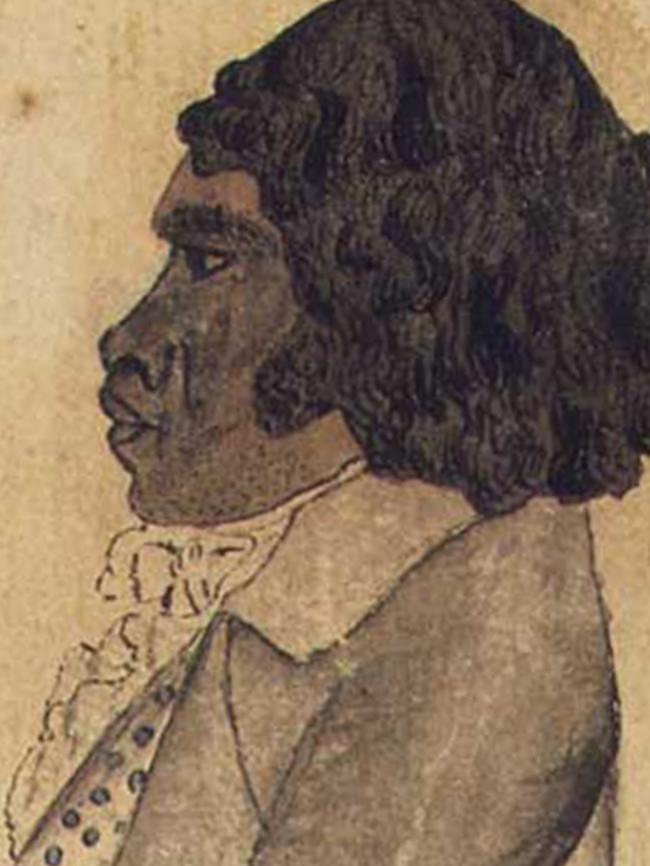
When he was later seen at Manly, Phillip and his soldiers approached. But Bennelong had them surrounded and Phillip was speared.
Historians now believe this was no unplanned attack, but justice for the kidnapping. Phillip did not allow retaliation and as far as the Eora were concerned it wiped the slate clean and allowed for a more equal dialogue.
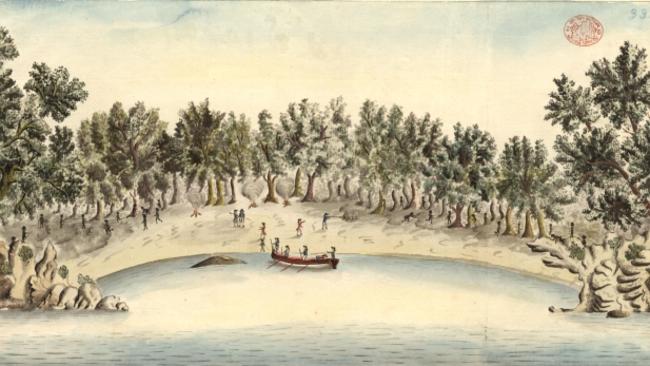
Bennelong returned to the British settlement, making his home where the Sydney Opera House stands today, and the Eora and British began a meaningful exchange.
“We can learn (from that) it’s about wanting to understand,” Ms Price said.
“It’s not just telling your story, it’s about stopping and listening and it had to take place and it took place between my parents (Aboriginal mother Bess and Irish Catholic father David) and sometimes there are misunderstandings.
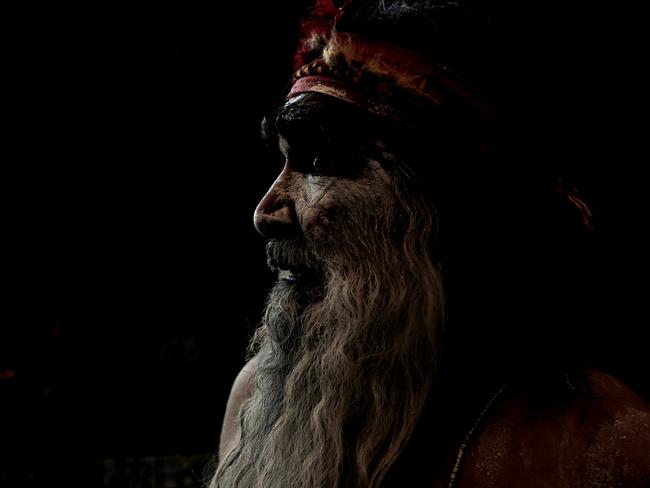
The complexity of these stories in our country’s history needs to be brought to the fore.” Ms Price wants to keep January 26 — and she has paid a high price, saying her stance has “exposed me to a lot of hate”.
She said changing the date — as Greens leader Richard Di Natale called for — was just an easy option to alleviate white guilt.
“We need to take the good with the bad to move forward, if we change it, we ignore all that,” she said.
“(Changing it) is just an easy option for those who feel guilty, it just makes them feel better about who they are.”
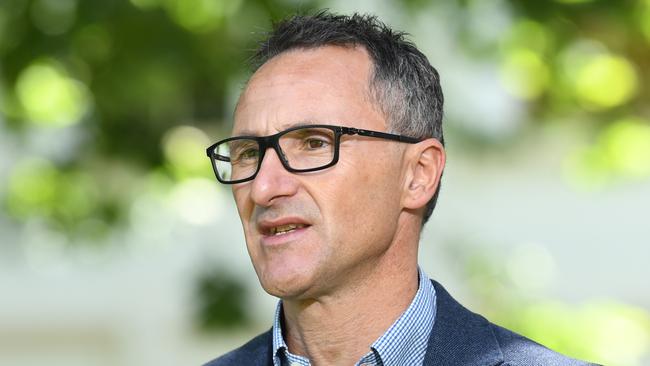
Former Labor Party president and indigenous leader Warren Mundine said he was “sick and tired of the Greens”.
“There is not one economic plan they have developed for Aboriginal lands,” he said.
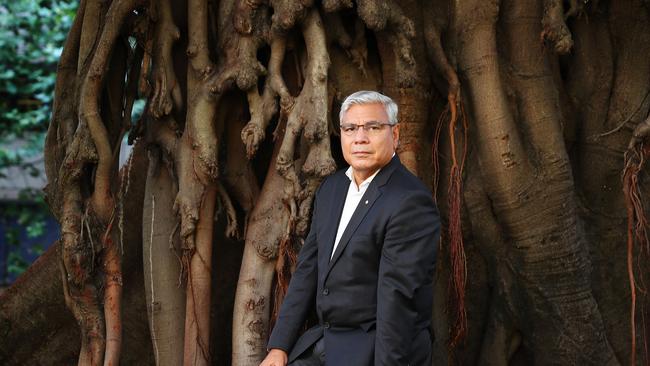
While he would’ve chosen a different date to January 26, Mr Mundine said it was actually an insignificant issue people now used for their own agendas.
“(It) is not the first conversation I have in Aboriginal communities — or the second, or the third, fourth, fifth, sixth or seventh — it’s about education and maintaining culture … let’s get focused on the real issues. January 26 is always going to be important, as that’s when the First Fleet sailed in.”
And he said despite debate, Australia had succeeded as a multicultural country — building on those first ties between Phillip and Bennelong.
“I have yet to see a country that has done a better job than us .”


